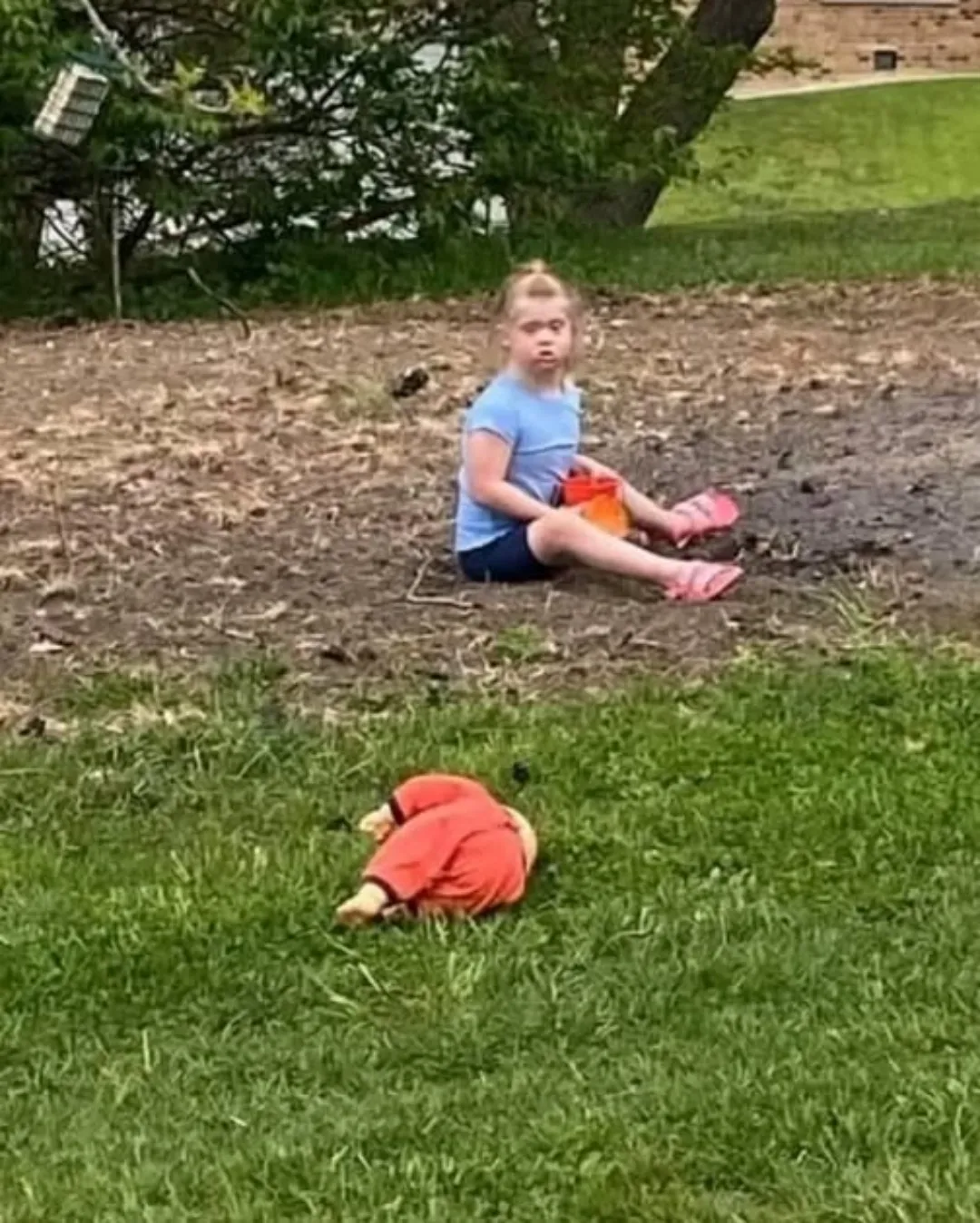More Than a Game: A Lesson in Humanity635
It began at a fundraising dinner for a school serving children with learning disabilities. Parents, teachers, and supporters gathered to celebrate progress, share stories, and raise awareness. That evening, one father rose to speak. His words, quiet yet powerful, would be remembered long after the night was over.
He began by praising the school and its dedicated staff. Then his voice shifted, heavy with honesty.
“Everything in nature, when left to its own order, seems to be done with perfection,” he said. “But my son Shay… he cannot learn like other children. He cannot understand as others do. Where is the natural order in my son?”

The room fell silent. Then, with emotion in his voice, the father continued:
“I believe when a child like Shay, who is mentally and physically disabled, comes into the world, an opportunity presents itself — an opportunity to see true human nature. And it comes through how others choose to treat that child.”
To explain, he told a story.
One afternoon, he and Shay were walking past a park where a group of boys were playing baseball. Shay, with the eagerness of any child wanting to belong, turned to his father and asked:
“Do you think they’ll let me play?”
The father hesitated. He knew boys could be cruel, and that Shay’s limitations would likely frustrate them. But he also knew how much being included would mean. Summoning his courage, he approached one of the players and asked if his son might join.
The boy glanced around, uncertain. “We’re losing by six runs,” he finally said. “It’s the eighth inning. I guess he can be on our team. We’ll put him up to bat in the ninth.”
Shay’s face lit up. He shuffled to the dugout, pulled on a team shirt, and smiled as wide as the sky. His father’s eyes stung with tears at the sight of his son being welcomed.
In the eighth inning, Shay’s team scored a few runs but remained behind. Then came the ninth. With two outs and bases loaded, the unthinkable happened: Shay’s turn at bat. Everyone understood the choice before them. Let him bat and risk losing? Or protect their chance at victory?
They handed him the bat.
Shay held it awkwardly, gripping it wrong, but standing tall with determination. The pitcher, sensing the moment, stepped closer and lobbed the ball gently. Shay swung and missed. Another soft pitch came. This time, miraculously, he made contact — a slow grounder back to the pitcher. The game could have ended right there.
But it didn’t.
Instead of throwing Shay out, the pitcher launched the ball over the first baseman’s head. “Run, Shay! Run to first!” everyone shouted.
Wide-eyed, Shay scampered down the line, making it to first base. The crowd roared. “Run to second!” they yelled. He stumbled forward, clumsy but determined, reaching second. By now, the right fielder had the ball, but he too chose compassion over competition, hurling it far beyond reach.
“Run to third!” the shortstop guided him, even turning Shay toward the right direction. Then the entire field — players from both teams, coaches, and parents — rose to their feet, chanting:
“Shay! Shay! All the way, Shay!”
Step by step, Shay made his way to home plate. He touched it, completing his “grand slam.” The crowd erupted, cheering as though he had just won the World Series. That day, Shay was a hero.
Later, with tears in his eyes, Shay’s father told the audience, “Those boys brought a piece of true love and humanity into this world. They gave my son a moment he never forgot. A moment that made him feel like he belonged.”
Shay passed away the following winter, never reaching another summer. But he carried that memory until the end — the day he was embraced, celebrated, and cheered not for his limitations, but for his humanity.
The father’s story ended quietly, but its echo lingered:
Every society is judged by how it treats its most vulnerable.
May your day be a “Shay Day.” Choose kindness. Always.





